| dc.description.abstract | Employee engagement has become one of management's most popular
themes. In less than a decade, dozens of studies and many meta-analyses on employee
engagement have been published. However, there is limited study on employee
engagement, particularly among members of generation Z. As Generation Z joins the
workforce, new and difficult concerns arise for leaders. Much has been written about the
Millennial generation, but little is known about Generation Z and their professional
activities. This quantitative correlational study aimed to determine whether there was a
relationship between the degrees of employee engagement (Job Autonomy, Relationship
to Superior, Developmental Opportunities, Rewards and Recognition, and Work-Life
Balance) and innovative behavior among Generation Z. Thus, to investigate the
moderating role of personal initiative between employee engagement and innovative
behavior.
This study evaluated the elements that influenced Gen Z employees'
engagement at work. Job Autonomy (JA), Relationship to Superior (RTS),
Developmental Opportunities (DO), Rewards and Recognition (RR), Work-Life Balance
(WLB), Employee Engagement (EE), Innovative Behavior (IB), and Personal Initiative
(PI) were believed to be positively associated to employee engagement (EE). Then, we
present a theory of employee engagement that reconciles and combines Kahn's (1990)
engagement theory and the Job Demands–Resources (JD-R) model. In May 2022,
a structured questionnaire survey was delivered to full-time employees in Ho Chi Minh
City. The sample consists of 370 enterprise employees of generation Z. Based on the
research findings, this paper analyses the traits and preferences of Generation Z from the
current literature so that employers can anticipate and design an appropriate work
environment for them, thereby influencing employee engagement. | en_US |


